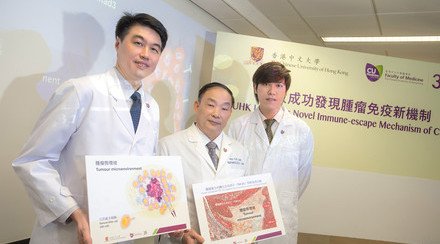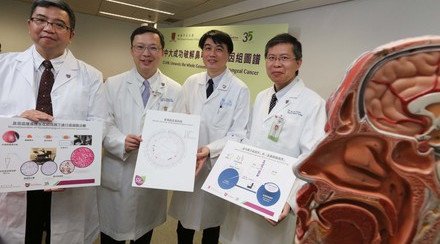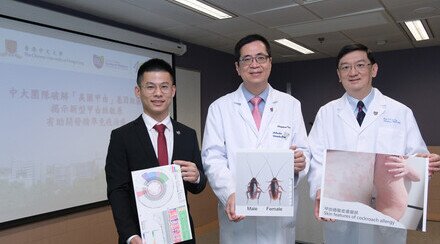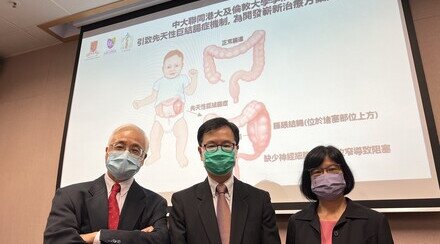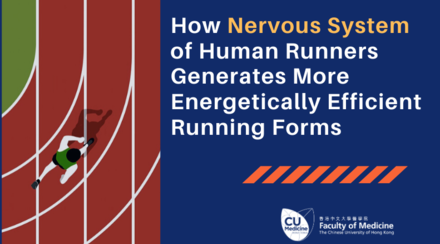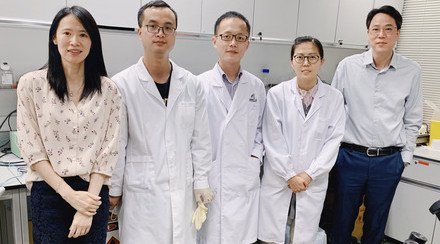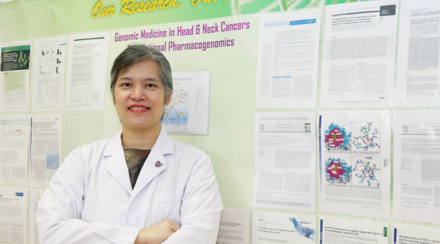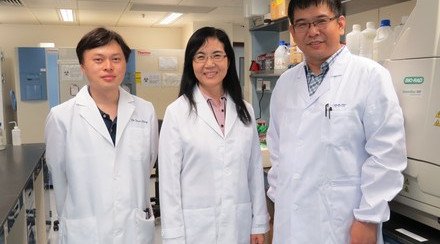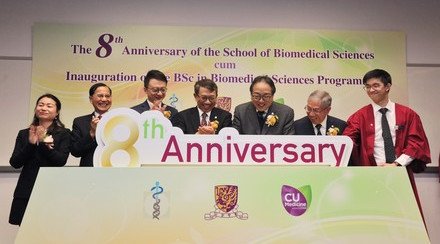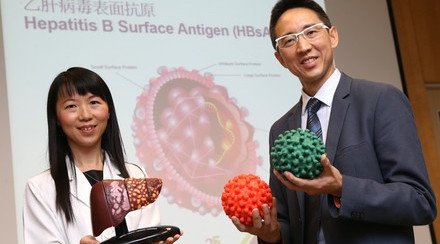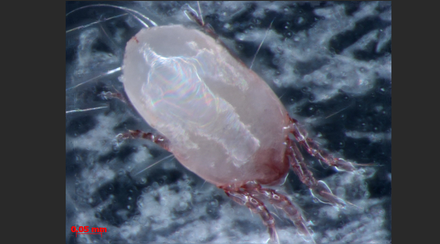CUHK Uncovers a New Strategy to Turn “Cold” Liver Tumour “Hot” Leading to an Effective and Durable Combined Immunotherapy
Immunotherapy is a major pillar of cancer therapy. Immune checkpoint inhibitors activate the cancer-killing T cells that had been suppressed by the cancer cells, leading to tumour shrinkage and improved survival rates. However, most of the liver cancers (hepatocellular carcinoma or HCC) are “cold” or T cell-excluded.
A new study conducted by the research team of the Faculty of Medicine at The Chinese University of Hong Kong (CU Medicine) has uncovered that a cancer-promoting gene called histone deacetylase 8 (HDAC8) is responsible for maintaining tumours that are immune cell-excluded. Inhibiting HDAC8 can lead to epigenetic reprogramming of the tumour cell and so increase the infiltration of T cells in the tumour (or turn the tumour “hot”). Further study conducted by the team showed that a new combined immunotherapy using HDAC8 and immune checkpoint inhibitor could protect the mice model, remaining tumour-free in HCC for at least 15 months with no evidence of side effects. The findings have been published in the journal Science Translational Medicine.
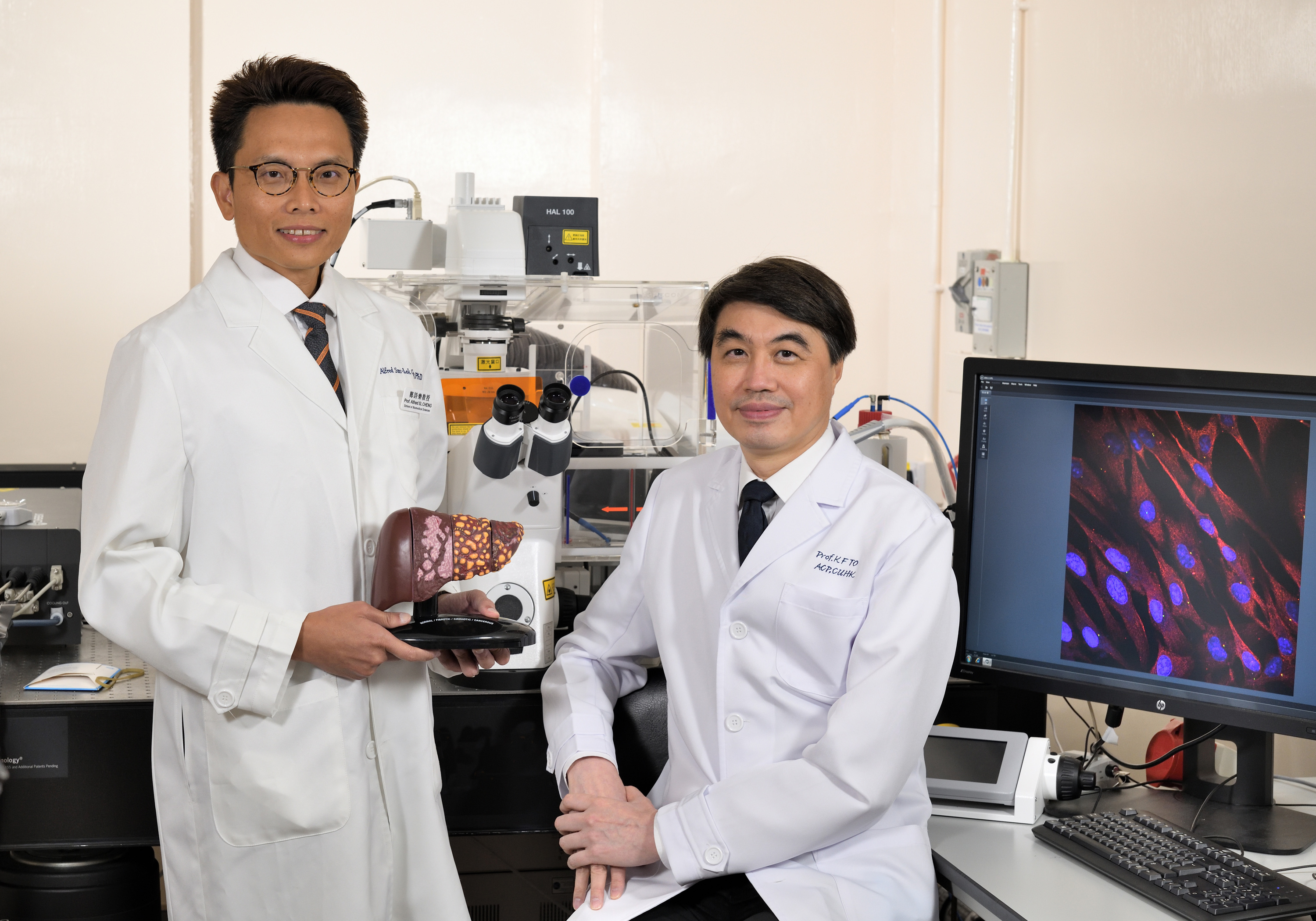
A study conducted by Professor Alfred CHENG (left), Professor from the School of Biomedical Sciences, and Professor Ka Fai TO, Chairman of the Department of Anatomical and Cellular Pathology, at CU Medicine, has uncovered a cancer-promoting gene called HDAC8 is responsible for maintaining tumours that are immune cell-excluded.
The findings provide insights into how the cancer cells are protected and how cancer-killing T cells break through the barricade into the tumour site
Previous clinical studies have shown that only 10% to 20% of HCC patients respond to immunotherapy. The major challenge is that most of the HCC tumours are “cold” or T cell-excluded. In other words, even though the soldiers, the T cells, are armed, they are not in proximity to fight against the enemies’ tumour cells.
To understanding how the HCC cells are protected from the attack of T cells, researchers from CU Medicine conducted a series of studies using pre-clinical models. HDAC8 was found to be a key factor in maintaining T cell-excluded tumours. A selective HDAC8 inhibitor could cause HCC cells to produce T cell-recruiting molecules. Treatment of HCC-bearing mice with a selective HDAC8 inhibitor resulted in an increased infiltration of T cells into the tumour.
“It is important to identify the role of HDAC8 as we can then identify ways of turning the ‘cold’ T cell-excluded HCC tumours into ‘hot’ tumours, rendering the cancer-killing T cells able to ‘break through’ the barricade into the tumour site. This shows that the HDAC8 inhibitor potentiates the efficacy of immunotherapy in HCC,” said Professor Alfred Sze Lok CHENG, Professor from the School of Biomedical Sciences at CU Medicine.
The new treatment brings at least a 15-month tumour-free period
Using a new combined immunotherapy which included an HDAC8 inhibitor and an immune checkpoint inhibitor, researchers found that the mice that received this treatment for 3 weeks were protected against the rechallenge of a subsequent tumour, remaining tumour-free for at least 15 months. Most importantly, there was no evidence of side effects associated with this effective and durable anti-tumour response.
Professor Ka Fai TO, Chairman, Department of Anatomical and Cellular Pathology at CU Medicine, stated, “Our research provides a new and promising approach to treat HCC patients. More than a half of HCC patients have high expressions of HDAC8 protein, thus representing a real-life target in a clinical setting. Based on our findings, we now hope to advance immunotherapy so as to provide greater benefits to HCC patients.”
The new treatment is also well tolerated as the selective HDAC8 inhibitor exhibits insignificant toxicity when compared to non-selective HDAC inhibitors. Professor Cheng considers that the new findings are of great value for future clinical development of HDAC8 inhibitors in HCC. As other T cell-excluded cancers such as ovarian and pancreatic tumours also exhibit over-expression of HDAC8, future studies are warranted to elucidate the effects of an HDAC8 inhibitor, and to turn these “cold” tumours “hot” for a more effective immunotherapy.


